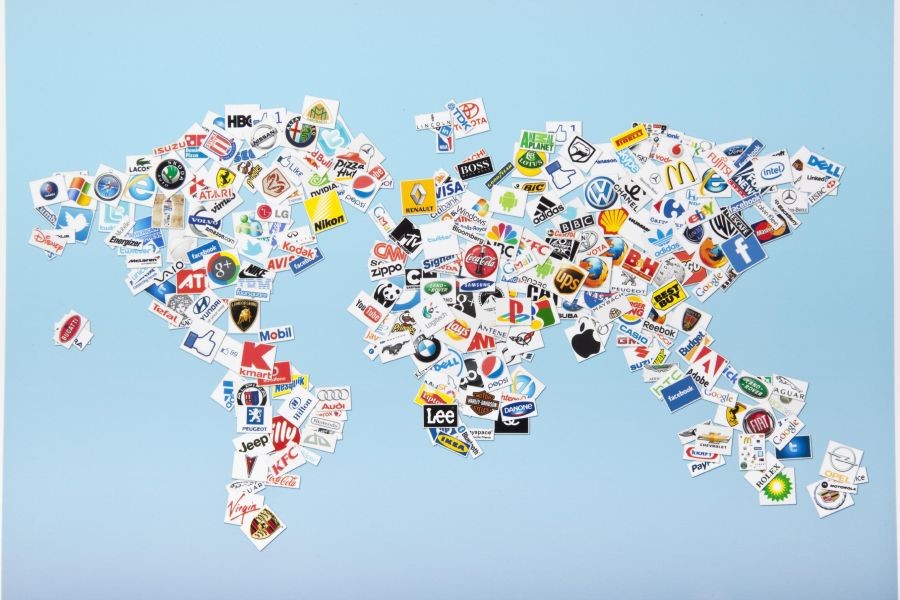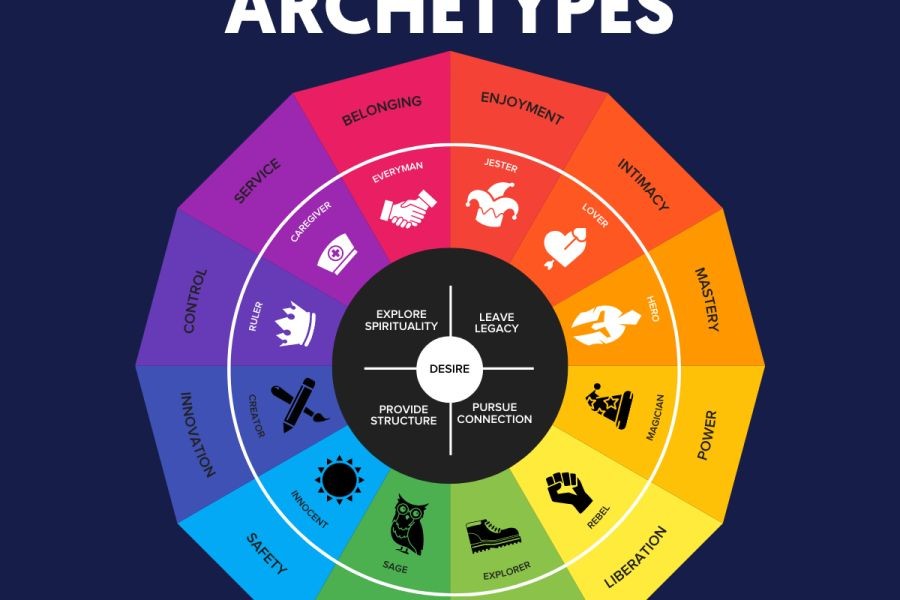In the bustling business landscape of New Zealand, small businesses face unique challenges and opportunities. As globalization continues to influence markets, understanding global branding success stories becomes crucial for Kiwi entrepreneurs. Not only does this knowledge provide valuable insights into international markets, but it also empowers local businesses to elevate their brand strategies, ensuring sustainable growth amid evolving global trends.
Understanding the Significance of Global Branding
Global branding isn’t just about having a presence in multiple countries; it’s about creating a consistent, recognizable brand image that resonates worldwide. For New Zealand’s small businesses, learning from global brands means understanding how they leverage cultural nuances, adapt to local markets, and maintain brand integrity across borders. According to a report by Stats NZ, New Zealand's export growth is projected to increase by 2.7% in 2025, highlighting the potential for local businesses to expand beyond domestic boundaries.
Case Study: Airbnb's Branding Strategy
Consider Airbnb, a global hospitality behemoth renowned for its unique branding approach. Originally a startup, Airbnb revolutionized travel accommodations by emphasizing local experiences over traditional hotel stays. This strategic positioning allowed them to tap into the sharing economy and appeal to a diverse global audience. For New Zealand businesses, adopting a similar model—focusing on unique local offerings—can differentiate them in international markets.
Local Context: New Zealand’s Unique Positioning
New Zealand’s economy, characterized by its strong agricultural base and vibrant tourism sector, offers distinct opportunities for branding. New Zealand’s brand as a clean, green, and innovative nation provides a natural advantage for businesses, especially in sectors like agritech and sustainable tourism. The Ministry of Business, Innovation and Employment (MBIE) reports that tourism contributed NZD 40.9 billion to GDP in 2023, underscoring the importance of a strong national brand.
Case Study: Zespri’s Global Success
New Zealand's Zespri, a cooperative of kiwifruit growers, exemplifies successful global branding. Despite being a small player in the global fruit market, Zespri has established itself as a premium brand through rigorous quality control and sustainable practices. By promoting the unique qualities of New Zealand kiwifruit and aligning with health trends, Zespri has captured significant market share in Asia and Europe, offering a blueprint for other Kiwi businesses aiming for global expansion.
Pros and Cons of Studying Global Branding
Pros:
- Increased Competitiveness: Understanding global branding strategies enables small businesses to enhance their competitive edge.
- Market Expansion: Offers insights into new markets, facilitating international growth.
- Innovation: Encourages adopting innovative practices seen in successful global brands.
Cons:
- Resource Intensive: Analyzing and implementing global strategies can require significant time and resources.
- Cultural Misalignment: Misunderstanding cultural nuances can lead to branding missteps.
- Overreliance on Trends: Chasing global trends may overshadow local market needs.
Myths and Misconceptions
Myth: "Global branding is only for large corporations."
Reality: Small businesses can leverage global branding strategies to enhance local and international competitiveness.
Myth: "Cultural differences are too significant to overcome."
Reality: Successful global brands demonstrate that understanding and respecting cultural differences can be a powerful marketing tool.
Future Trends and Predictions
As digital transformation accelerates, the future of branding will increasingly rely on technology. According to a Deloitte report, by 2026, 70% of branding strategies will incorporate advanced AI to personalize customer experiences, a trend that New Zealand businesses must not ignore. Additionally, the global shift towards sustainability will continue to influence branding decisions, aligning well with New Zealand’s green image.
Conclusion
The path to global branding success is paved with opportunities for learning and growth. For New Zealand’s small businesses, understanding and adapting global branding strategies can lead to remarkable success both locally and internationally. As the world becomes increasingly interconnected, the ability to brand effectively on a global scale will define the competitive landscape. What global branding strategies will you implement in your business? Share your thoughts and join the conversation!
People Also Ask
- How does global branding impact businesses in New Zealand? NZ businesses leveraging global branding strategies report 25%+ higher market reach, according to MBIE. Adopting these strategies can enhance both local and international engagement.
- What are the biggest misconceptions about global branding? One common myth is that global branding is only for large corporations. However, research from NZ Trade and Enterprise shows that small businesses also benefit significantly.
- What are the best strategies for implementing global branding? Experts recommend starting with market research, followed by cultural adaptation, and ensuring consistent brand messaging for long-term success.
Related Search Queries
- New Zealand small business branding
- Global branding strategies
- Successful branding case studies
- New Zealand export growth
- Branding challenges in New Zealand
- Impact of globalization on small businesses
- New Zealand’s competitive advantage
- Innovative branding practices
- Future of branding in New Zealand
- Cross-cultural branding strategies


































douglennon5350
6 months ago